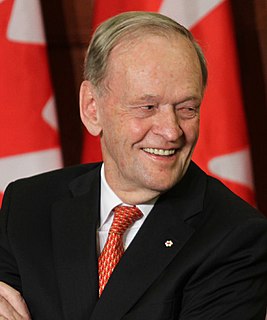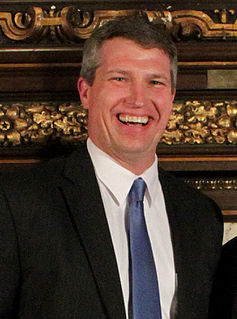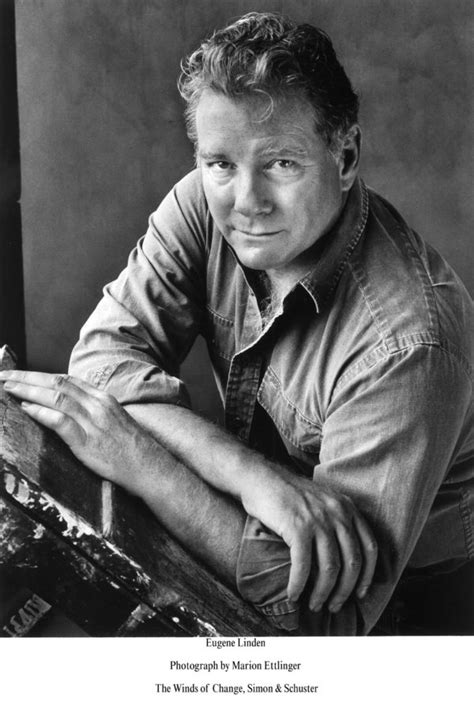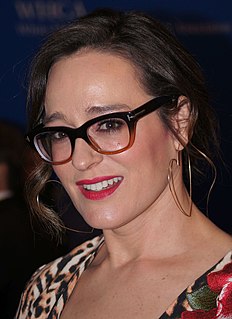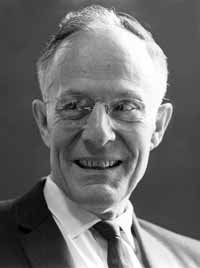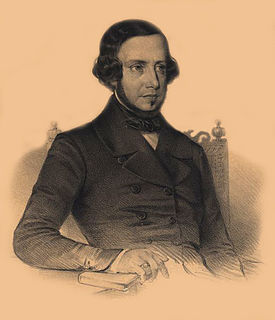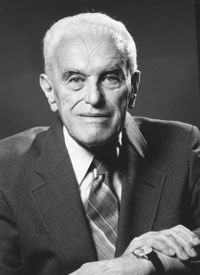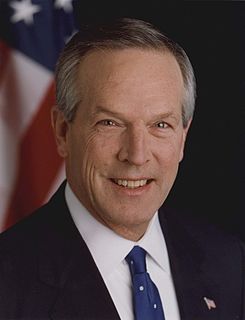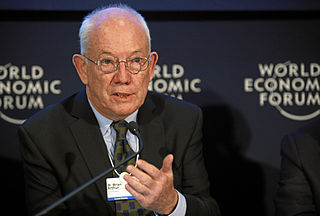Top 473 Economists Quotes & Sayings - Page 5
Explore popular Economists quotes.
Last updated on December 4, 2024.
The government employs scientists of many varieties in technical capacities, from estimating the environmental toxicity of a chemical to the structural soundness of a bridge. But when it comes to forming policies, these scientists and, especially, behavioral scientists are rarely at the table with the lawyers and the economists.
This fear of criticism displayed by the advocates of freedom of criticism cannot be attributed solely to craftiness. No, the majority of the Economists look with sincere resentment upon all theoretical controversies, factional disagreements, broad political questions, plans for organising revolutionaries, etc.
